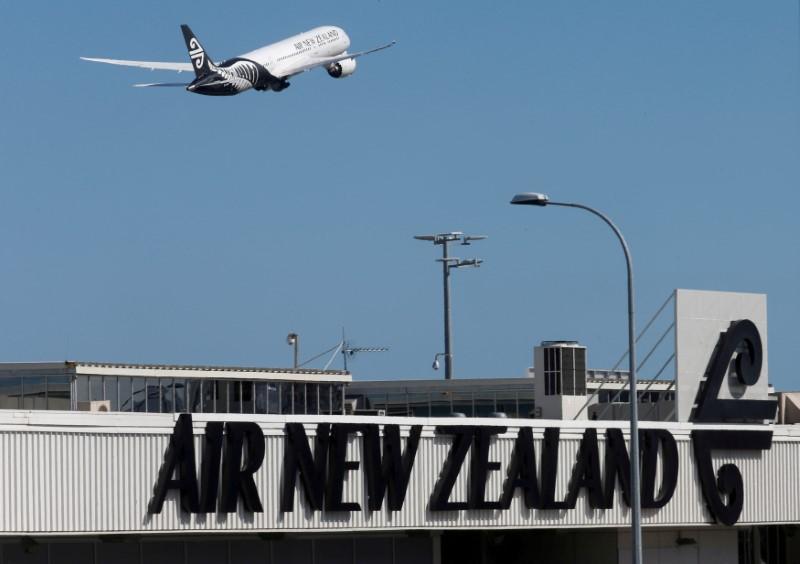The New Zealand government has consulted with Air New Zealand to slow ticket sales for returning citizens as quarantine hotels reach maximum capacity in the country.
Megan Woods, the government minister supervising the 14-day quarantine system in New Zealand, said in a media release on July 7 that due to a “big growth” in numbers of returning citizens, ticket sales will be temporarily suspended for flights into New Zealand.




